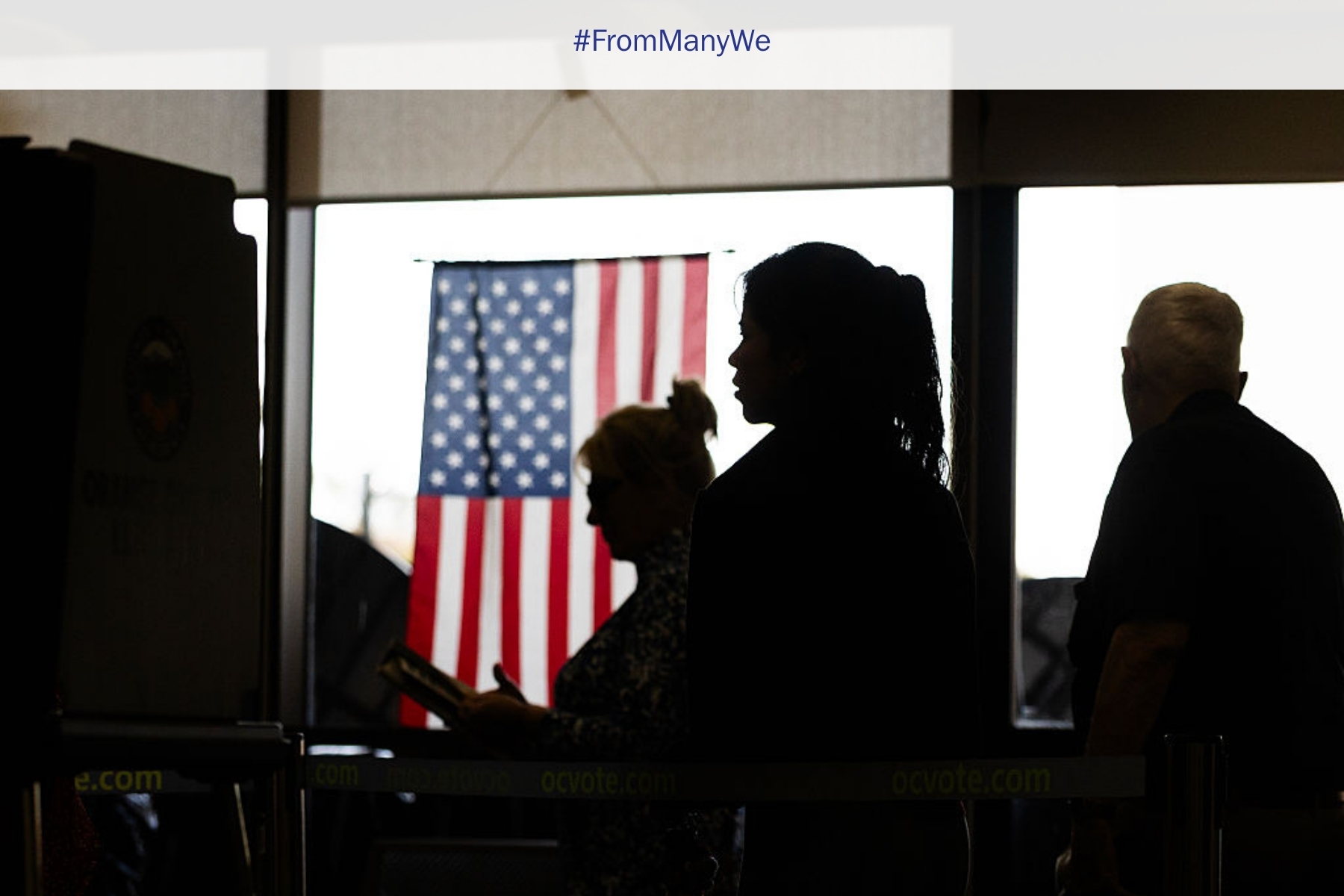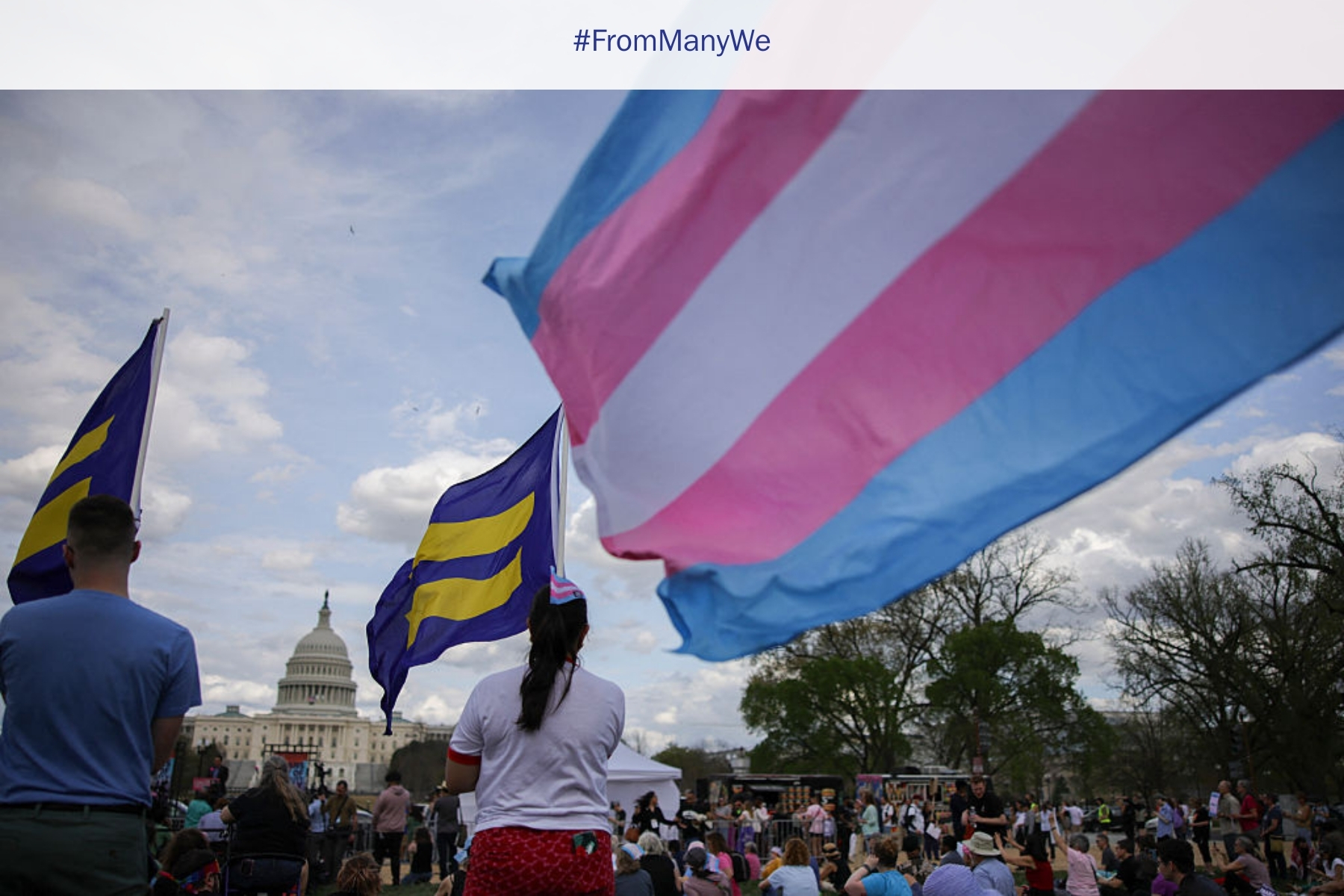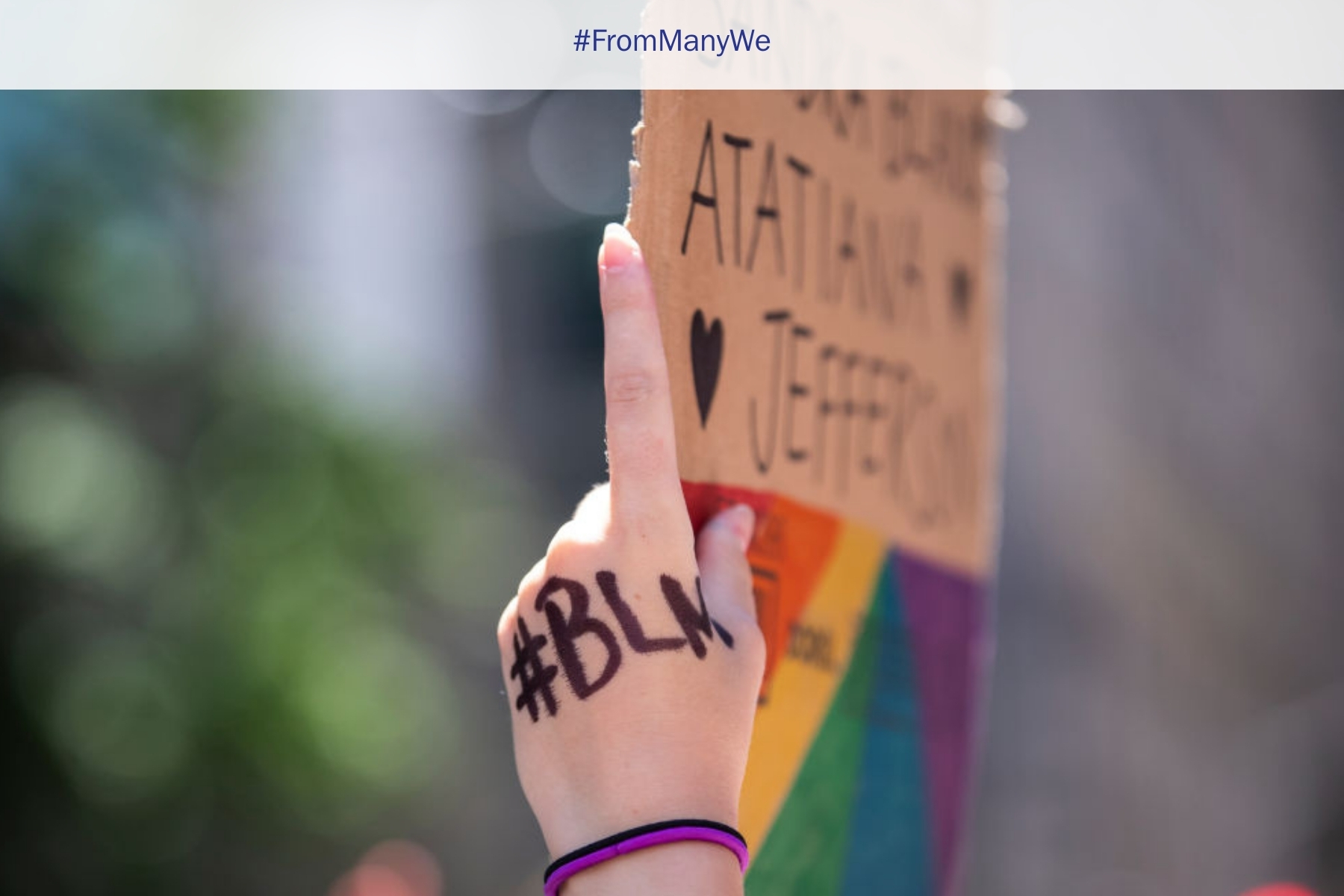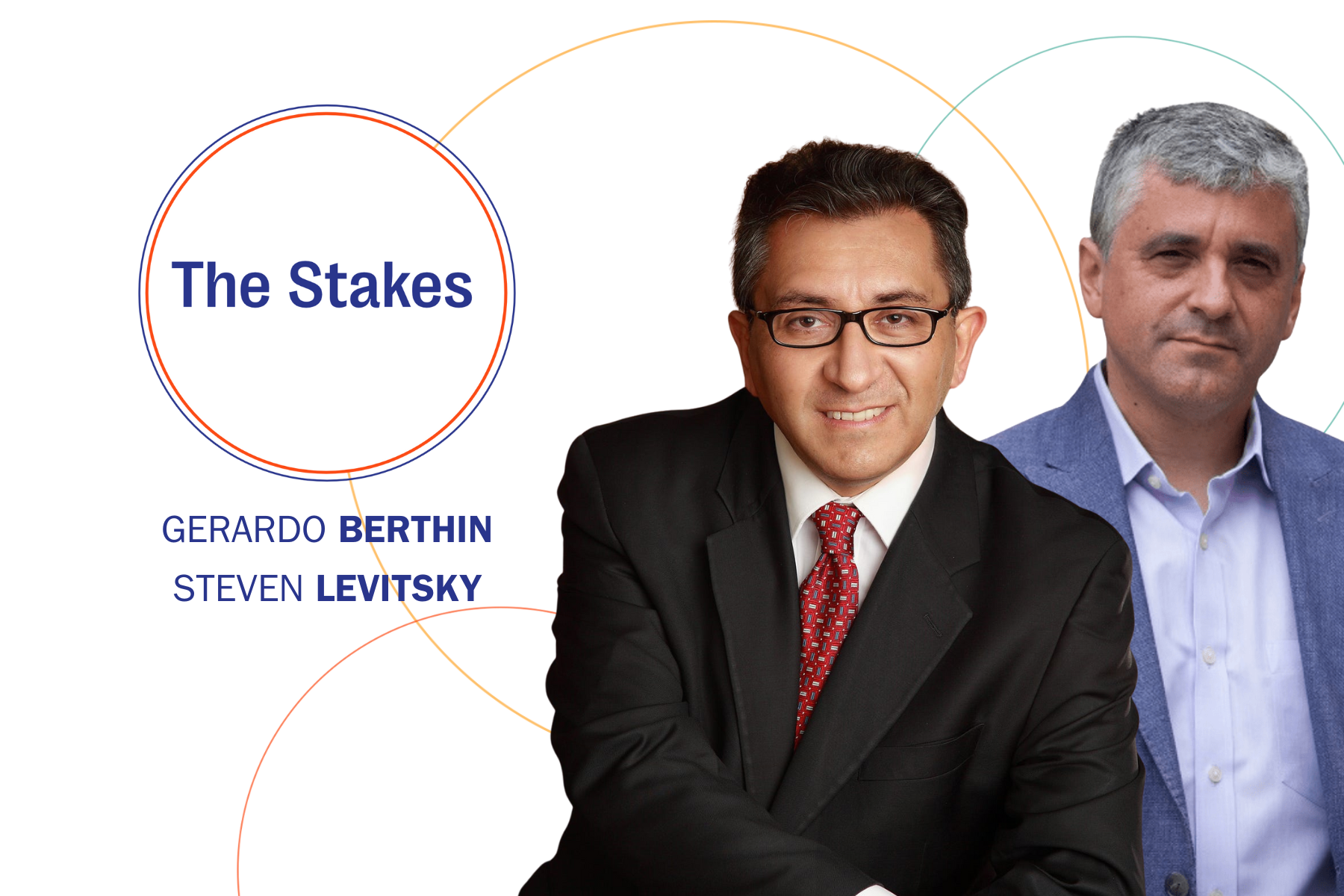What Should We Be Watching For? Lessons from the Playbooks of Turkey and Hungary
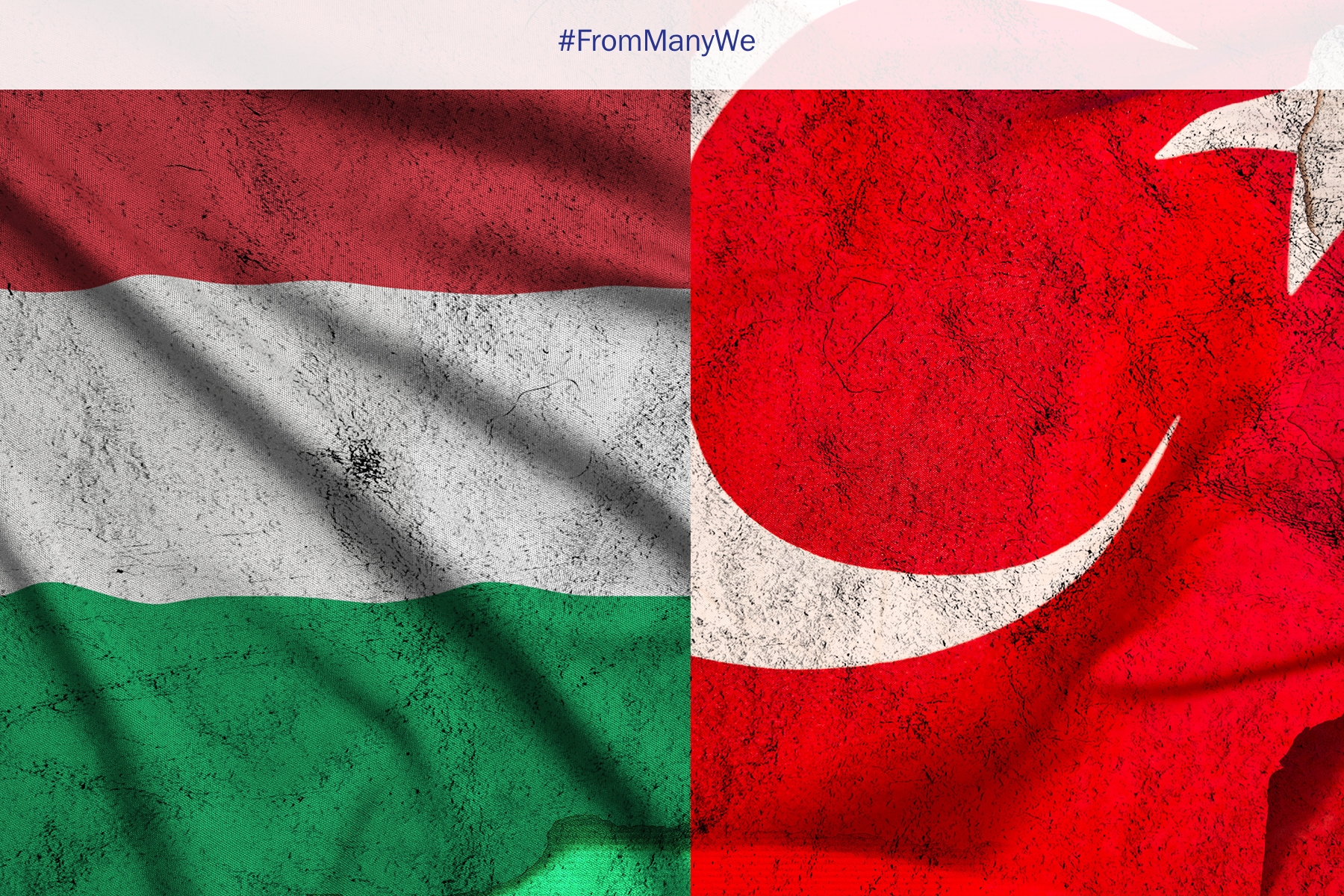
Donald J. Trump has been elected to a second term, and his transition priorities have been to propose cabinet officials whose chief attributes appear to be unwavering personal loyalty and a willingness to dismantle the very agencies they may lead. The United States may be facing a period of serious democratic backsliding. What should we be watching for?
Hungary and Turkey, though different in history and context, illustrate a troubling global trend toward autocracy. Their leaders, Recep Tayyip Erdoğan in Turkey and Viktor Orbán in Hungary, use legal and institutional tools to erode liberal democratic norms and consolidate power while maintaining the image of a legitimate democracy.
Both leaders also have strong ties to Trump and conservative leaders in the US. In 2023, Orbán keynoted the Conservative Political Action Conference (CPAC), and Tucker Carlson devoted a full week of broadcasts from Budapest.
Five concerning trends from Hungary and Turkey stand out as a new US administration takes power.
Centralization of Power
Centralizing power is a hallmark of the autocratic playbook. In 2018, Erdoğan granted himself sweeping powers and sidelined political opponents by instituting an “executive presidency.” In 2011, Orbán’s Fidesz party leveraged a parliamentary supermajority to rewrite the constitution to subdue the judiciary.
In the US, the second Trump administration has been placing loyalists in key positions, and this raises the stakes of transition appointments. The Heritage Foundation’s Project 2025, which is a blueprint for a conservative presidency, could further entrench executive control by using Schedule F to embed loyalists across federal agencies. (Notably, the Heritage Foundation has ties to Orbán’s regime.)
Weakening the Press
Another signal of a declining democracy is the targeted weakening of the press. Orbán’s Hungary offers a cautionary tale where consolidated media ownership ensures only government-approved voices dominate. In Turkey, Erdoğan shuts down opposition outlets and imprisons journalists.
Trump’s rhetoric toward media has mirrored Orbán and Erdoğan. Trump will likely continue to brand the press as “the enemy of the people,” attack the “fake news,” move to revoke press credentials, and relentlessly discredit the critical news outlets. This aggression toward media will only serve to weaken public trust in independent media and undermine journalistic freedom.
Targeting Vulnerable Groups
Autocratic regimes often exclude and target vulnerable populations to solidify power by using them as scapegoats to rally support and stoke division. In Hungary, Orbán has vilified migrants and LGBTQ+ people as he restricts asylum rights and bans content deemed to “promote homosexuality.” In Turkey, Erdoğan has targeted Kurdish communities and political activists as he often accuses them of ties to terrorism. His government has used antiterrorism laws to silence dissent, suppress opposition, and consolidate nationalist support.
The US is witnessing a similar trend. The MAGA movement includes policies and actions targeting immigrants, transgender people, and racial minorities, and these attacks have become central to their campaigns. The attacks are often couched in language of national security, religious, or moral values. In the last four years, the United States has gone from 0 to 26 states banning health care for transgender youth. In Ohio, where the Kettering Foundation is headquartered, Governor Mike DeWine recently signed an antitrans bathroom bill into law.
Attacks on Higher Education
As spaces for critical inquiry, universities are frequent targets for regimes seeking to control ideas. Erdoğan purged thousands of academics and seized control of Turkish universities to promote his agenda. Orbán ousted the Central European University, which had to relocate to Vienna, and placed higher education under loyalist boards.
In the US, attacks on higher education often take the form of legislation that restricts curriculum and defunds diversity initiatives. In Florida, Governor Ron DeSantis also appointed 6 conservative activist allies to the 13-member board of trustees at New College of Florida to transform what they saw as an overly progressive institution into a more conservative one.
The attacks on higher education in the US are having an effect. Reports show that many colleges and universities are shutting down diversity initiatives. “There’s an epidemic of precompliance and overcompliance, and that’s really hurting students,” according to Jeremy Young of PEN America.
Suppressing Dissent
Both Orbán and Erdoğan have normalized practices that hollow out democratic institutions while maintaining the appearance of legitimacy. Elections continue, but the opposition is effectively neutralized. Media and civil society exist but are tightly controlled.
Trump’s rhetoric mirrors these strategies by pitting a “forgotten majority” against elites, immigrants, and intellectuals. This creates an environment where dissent is demonized and the opposition becomes the enemy; both are critical warning signs of democratic backsliding.
A troubling example in the US is HR 9495 which, if passed by the Senate, would allow the treasury secretary to unilaterally revoke the nonprofit status of any organization deemed to be supporting terrorism. This legislation could easily be used to crack down on opposition—and the very threat of such monitoring will create a chilling effect across the nonprofit sector.
An Agenda for Democratic Resilience
Democracies don’t fail overnight. They hollow out when leaders test and bend the norms until those norms break.
For Turkey and Hungary, democratic institutions exist, but they only serve those in power. Freedoms remain on paper, but they are curtailed in practice. Elections happen, but without serious opposition.
The United States has not reached this stage, but the risks are real.
In a recent episode of The Stakes, Kettering senior fellow Steven Levitsky points out that no single leader can create an autocracy on their own; they need willing accomplices from among more traditional leadership. He outlines a number of strengths that the United States can capitalize on to prevent a descent into autocracy:
- Strong Institutions: The United States maintains a professional military that should be resistant to politicization or use against civilians. And the independent judiciary, though increasingly conservative, still provides checks and balances.
- Federalism: States maintain significant autonomy and provide a counterweight to federal overreach.
- Nonpartisan Opposition: Nonpartisan, pro-democracy coalitions do exist and should be nurtured. These groups, from progressives to moderate conservatives, have the potential to bridge ideological divides.
- Robust Civil Society: The United States continues to have diverse, well-funded civil society organizations that are supported by a wealthy private sector, and this includes an independent media with strong financial backing.
- Private Sector as a Counterweight: The United States has a strong private sector, including business leaders and institutions that can play a critical role in resisting authoritarian overreach by funding civil society and supporting democratic norms.
The United States now faces what may be an extended period of autocratic pressure. The experiences of Hungary and Turkey show that democracy doesn’t collapse overnight, but rather it unravels through a series of deliberate actions and inaction.
A coordinated effort is needed to hold the line and reclaim inclusive democracy.
Brad Rourke is the Kettering Foundation’s chief external affairs officer and director of DC operations. He hosts Kettering’s The Stakes, a video interview show with newsmakers on issues of the day.
From Many, We is a Charles F. Kettering Foundation blog series that highlights the insights of thought leaders dedicated to the idea of inclusive democracy. Queries may be directed to fmw@kettering.org.
The views and opinions expressed by contributors to our digital communications are made independent of their affiliation with the Charles F. Kettering Foundation and without the foundation’s warranty of accuracy, authenticity, or completeness. Such statements do not reflect the views and opinions of the foundation which hereby disclaims liability to any party for direct, indirect, implied, punitive, special, incidental, or other consequential damages that may arise in connection with statements made by a contributor during their association with the foundation or independently.
